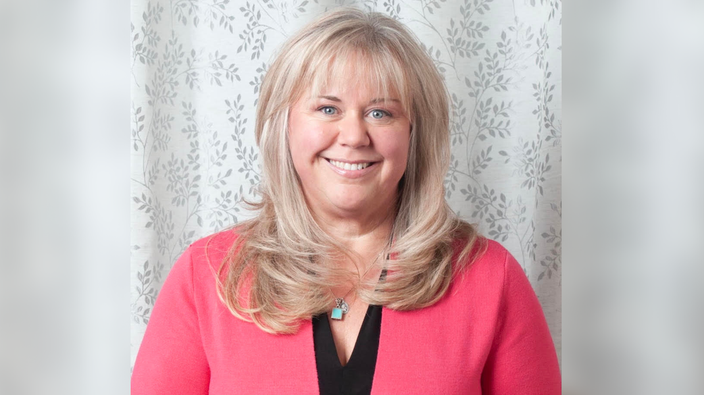living with obesity: 'for a large part of my life, i’ve felt that i take up way too much space and wished that i could just disappear.'
andrew locker knows what it's like to live with obesity, and as a teacher, he committed from the beginning of his career that kids would never experience in his presence what he went through, and have it create such a shame spiral of self-loathing.
asking for a friend: is my weight gain and acne a sign of pcos?
part of the reason pcos is underdiagnosed is the assumption that it is a fertility condition that only causes fertility problems, says fiona mcculloch, a naturopathic doctor in toronto.
 5 minute read
5 minute read




































